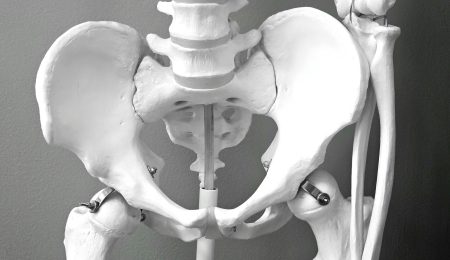A hospital stay can be a stressful and unfamiliar experience. Whether you’re scheduled for a routine procedure or facing a more complex medical situation, feeling prepared and informed can significantly improve your experience. Here’s a guide to help you make the most of your time at the hospital:
1. Before You Arrive: Be Prepared and Pack Smart
-
Gather Information: Understand your diagnosis, treatment plan, and estimated length of stay. Ask your doctor about any restrictions you might have after surgery or during recovery.
-
Pack Essentials: Bring comfortable clothing, toiletries, medications you regularly take, and entertainment essentials like books, music players, or tablets (check with the hospital about electronics policies). Don’t forget chargers and headphones!
-
Assemble Your Support Team: Identify loved ones who can visit you, help with errands at home, or simply offer emotional support.
2. Communication is Key: Ask Questions and Advocate for Yourself
-
Don’t Hesitate to Ask: Don’t be afraid to ask questions about your care, medications, or discharge instructions. The more informed you are, the more empowered you feel.
-
Clarify Expectations: Ask your doctor and nurses about the typical daily routine and what to expect during your stay.
-
Voice Your Concerns: Speak up if you’re experiencing pain, discomfort, or have any concerns about your care.
3. Maximize Your Comfort and Recovery:
-
Pack for Comfort: Bring items that make you feel comfortable, like a favorite pillow or blanket. Hospitals can be cool, so consider packing an extra layer.
-
Pain Management: Don’t be shy about requesting pain medication if you need it. Effective pain management can significantly improve your recovery experience.
-
Get Moving (When Able): Unless restricted by your condition, light movement can help with recovery. Ask your doctor or physical therapist about exercises you can do in bed or while walking around.
-
Prioritize Rest and Sleep: Getting adequate sleep is crucial for healing. If noise or discomfort disrupts your sleep, speak to your nurse about solutions.
4. Stay Connected with the Outside World:
-
Connect with Loved Ones: Let friends and family know your schedule for visitors and phone calls.
-
Stay Entertained: Bring books, magazines, or download movies/TV shows on your tablet to help pass the time. (Again, confirm the hospital’s policy on electronics).
-
Consider Social Media (if allowed): Connecting with loved ones online can be a great way to maintain a sense of normalcy and boost your mood gp auckland.
5. Prepare for Discharge: Planning for a Smooth Transition Home
-
Understand Discharge Instructions: Thoroughly review discharge instructions with your doctor or nurse. This includes medications, wound care, activity restrictions, and follow-up appointments.
-
Prepare Your Home Environment: If necessary, make adjustments at home to ensure a smooth recovery, like installing grab bars in the bathroom or arranging for home healthcare services.
-
Ask for Help: Don’t hesitate to ask for help from your healthcare team if you need assistance coordinating follow-up appointments, transportation, or medication refills.
By planning ahead, advocating for your needs, and prioritizing your comfort, you can transform your hospital stay into a more positive and productive experience, focusing on your recovery and a smooth transition back home.










